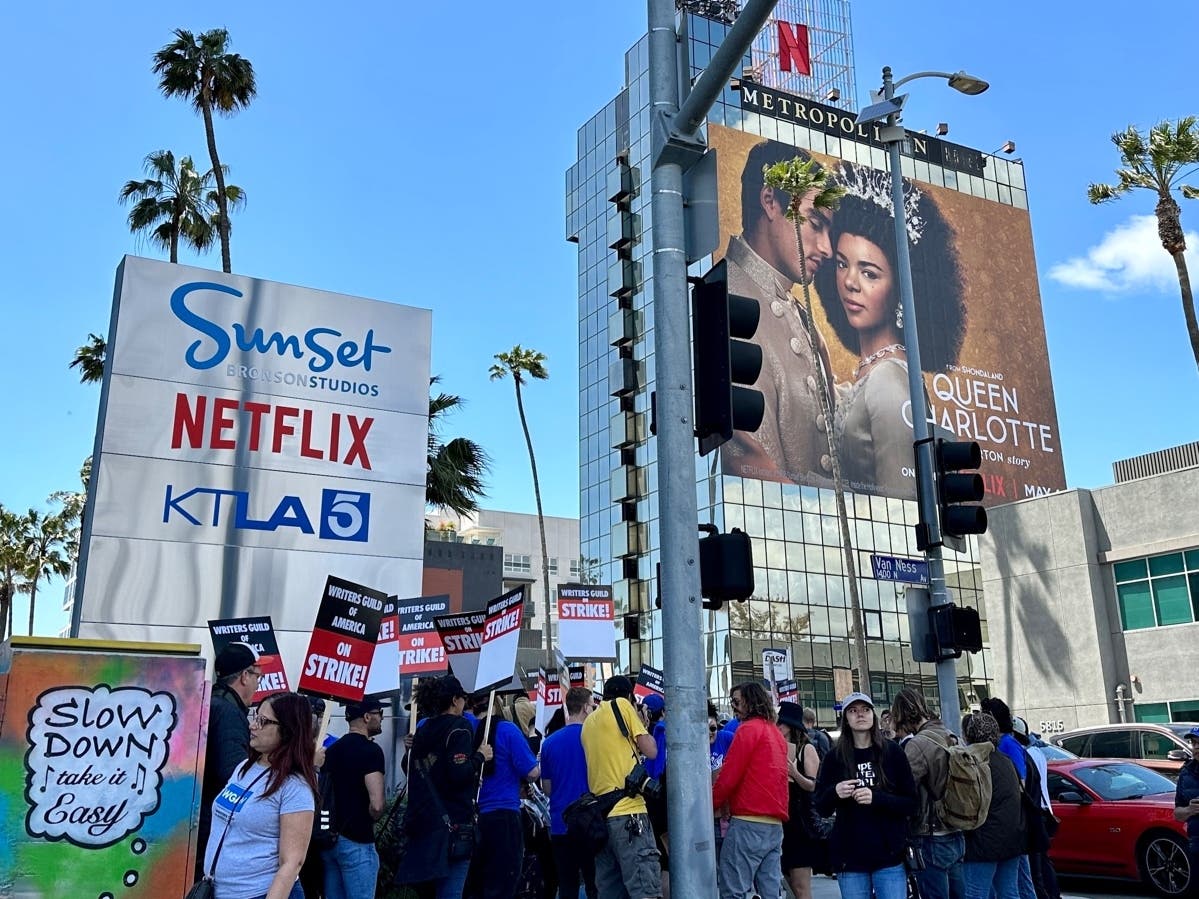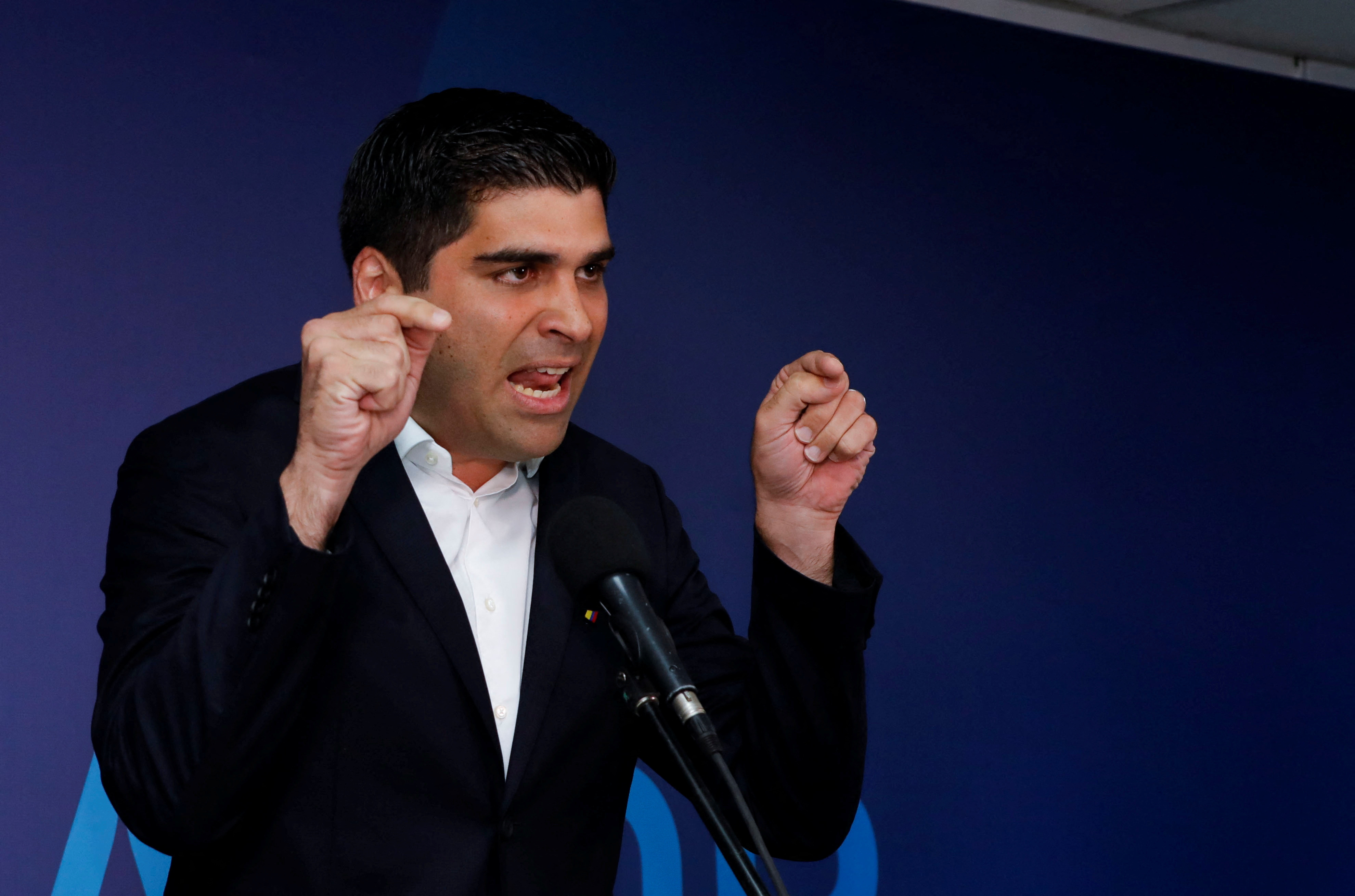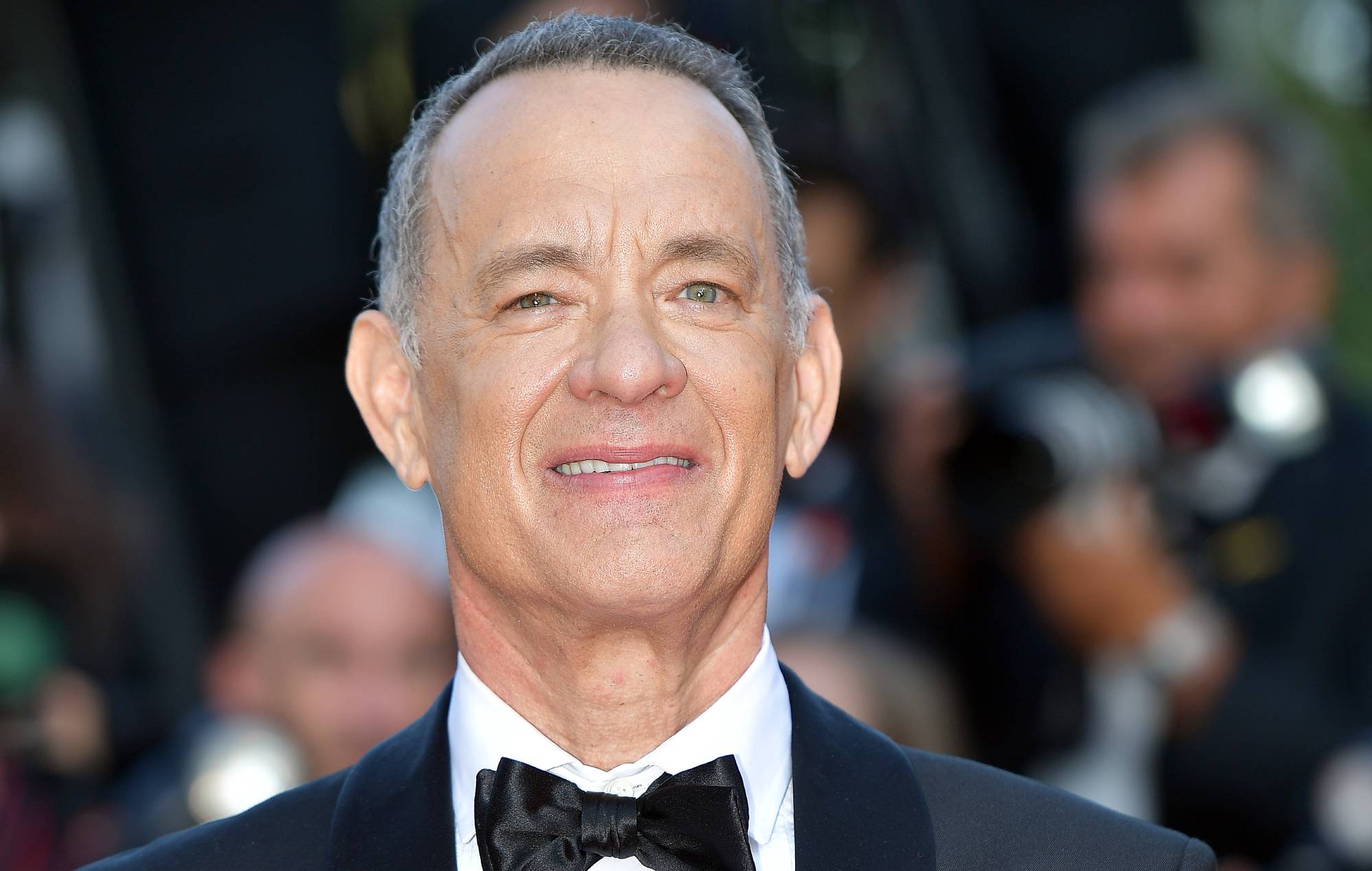The Hollywood Strike: What It Means For The Film And Television Industry

Table of Contents
The Writers' and Actors' Grievances: Core Issues Fueling the Hollywood Strike
The Hollywood strike is fueled by a convergence of long-standing grievances, brought to a head by the changing dynamics of the entertainment industry. These concerns center around fair compensation in the streaming era, the rise of artificial intelligence (AI) threatening creative jobs, and the persistent power imbalance between studios and creative professionals.
Fair Compensation in the Streaming Era
The advent of streaming platforms has dramatically altered the compensation landscape for writers and actors. Traditional television models provided residuals—payments made each time a show was aired—offering a significant source of income. Streaming, however, often employs different payment structures, often resulting in significantly reduced or even nonexistent residuals.
- Traditional vs. Streaming Compensation: While network television offered residuals for reruns and syndication, streaming services frequently offer a flat fee, regardless of viewership or longevity.
- Unfair Payment Practices: Many actors and writers report receiving significantly less for streaming projects compared to equivalent work on traditional television. This disparity is even more pronounced for those in supporting roles or on smaller-budget productions.
- Income Disparity Data: While precise figures are difficult to obtain due to the opaque nature of many streaming contracts, anecdotal evidence and reports suggest a significant drop in income for many creatives. Independent studies are beginning to shed light on the financial impact of streaming on writers and actors, highlighting the urgent need for fairer compensation models.
AI and the Future of Creative Work
The rapid advancement of AI technology poses a significant threat to the livelihoods of writers and actors. Studios are increasingly exploring the use of AI to generate scripts, create characters, and even replace actors through deepfake technology. This raises serious concerns about:
- AI Replacing Human Creativity: AI can generate text and images, potentially diminishing the role of human writers and actors in the creative process. The quality of AI-generated content remains a debated topic, but its potential to replace human workers is a significant point of contention.
- Ownership of AI-Generated Content: Questions surrounding the ownership of AI-generated content, and who benefits from its use, are vital to the ongoing negotiations. The lack of clear guidelines or regulations poses a significant risk to creative professionals.
- Safeguards for Human Creativity: The unions are pushing for robust safeguards and regulations governing the use of AI in the entertainment industry, ensuring that human creatives are protected from displacement and exploitation.
Working Conditions and Power Dynamics
For years, the entertainment industry has been notorious for demanding and often exploitative working conditions. This includes:
- Long Working Hours: Actors and writers routinely work excessive hours, often beyond what is considered reasonable or safe, with little compensation for overtime.
- Lack of Health Benefits: Many creatives struggle to secure affordable and comprehensive health insurance, a critical issue in an industry notorious for its unpredictable employment.
- Lack of Creative Control: Writers and actors often face significant pressure to conform to studio demands, compromising their artistic vision and creative input. Examples of this include instances where studios have altered scripts without consultation or forced actors to accept roles that significantly deviate from their initial agreements.
The Impact of the Hollywood Strike on the Industry
The Hollywood strike is having a profound and multifaceted impact on the entire entertainment industry, extending far beyond the immediate participants.
Production Delays and Financial Losses
The strike is already causing significant production delays and substantial financial losses across the industry.
- Quantifying the Losses: Estimates of daily losses run into the tens of millions of dollars, affecting studios, production companies, and related businesses. Major film and television projects have been indefinitely postponed, resulting in significant financial strain on all levels.
- Specific Projects Affected: High-profile films and television shows have already announced production delays, impacting release dates and potentially affecting marketing strategies and audience expectations.
- Ripple Effect on Related Industries: The disruption extends to numerous related industries, including catering, transportation, and post-production services, creating widespread economic hardship.
The Changing Landscape of Film and Television Production
The strike could be a catalyst for significant changes in how film and television are produced.
- Increased Reliance on Independent Production: The strike may accelerate a shift towards independent film and television productions, which often have different budgets and working conditions.
- Potential Long-Term Consequences: The strike could lead to long-term changes in industry practices, including the negotiation of new contracts and more equitable payment structures.
- Shifts in Production Models and Creative Processes: The strike's outcome could significantly influence production models, potentially leading to more streamlined processes or an increased emphasis on diverse creative voices.
Impact on Viewers and Consumers
The strike directly affects viewers and consumers by impacting the availability of new content.
- Delays in Release Dates: Many highly anticipated films and television shows face significant delays, potentially impacting viewer engagement and subscription numbers for streaming services.
- Effects on Viewer Access to Entertainment: The shortage of new content could lead to viewer frustration and potentially impact the popularity of existing shows and movies.
- Streaming Service Responses: Streaming services are already feeling the pressure, needing to adapt their content strategies to navigate the prolonged absence of new releases.
Potential Outcomes and Resolutions of the Hollywood Strike
The resolution of the Hollywood strike remains uncertain, with ongoing negotiations between the unions and studios.
Negotiations and Potential Compromises
The key demands from both sides include:
- Residuals: The unions are pushing for fairer residual payments in the streaming era, reflecting the value of their creative work.
- AI Usage: Safeguards and regulations concerning the use of AI in the entertainment industry are essential for the protection of creative professionals.
- Working Conditions: The unions are actively seeking improvements in working conditions, including reasonable working hours and improved health benefits.
Long-Term Effects on the Industry
Regardless of the immediate outcome, the Hollywood strike is likely to have long-lasting effects on the film and television industry.
- Changes in Industry Practices: New contracts and agreements will likely be established, possibly leading to more equitable distribution of profits and improved working conditions.
- Shift in Power Dynamics: The strike could lead to a shift in the power dynamic between studios and creative professionals, empowering the unions and ensuring a stronger voice for writers and actors.
Conclusion: Understanding the Lasting Effects of the Hollywood Strike
The Hollywood strike is a pivotal moment in the history of the entertainment industry. The core issues of fair compensation, the threat of AI, and the imbalance of power between studios and creatives are significant challenges demanding urgent attention. The strike's impact extends far beyond the immediate participants, affecting production schedules, financial markets, and the overall viewing experience. The long-term consequences remain uncertain, but the industry is undeniably at a turning point. Stay updated on the latest developments in the Hollywood strike to better understand its impact on the future of film and television.

Featured Posts
-
 Ecuador To Charge Former Vp In Candidates Murder
May 16, 2025
Ecuador To Charge Former Vp In Candidates Murder
May 16, 2025 -
 Tom Cruises Unpaid Debt To Tom Hanks The 1 Role He Never Played
May 16, 2025
Tom Cruises Unpaid Debt To Tom Hanks The 1 Role He Never Played
May 16, 2025 -
 Exploring Androids Revamped Design Language
May 16, 2025
Exploring Androids Revamped Design Language
May 16, 2025 -
 Bolee 200 Raket I Dronov Rossiya Nanesla Massirovanniy Udar Po Ukraine
May 16, 2025
Bolee 200 Raket I Dronov Rossiya Nanesla Massirovanniy Udar Po Ukraine
May 16, 2025 -
 Ufc 314 Paddy Pimbletts Top Three Hitlist Includes Ilia Topuria
May 16, 2025
Ufc 314 Paddy Pimbletts Top Three Hitlist Includes Ilia Topuria
May 16, 2025
